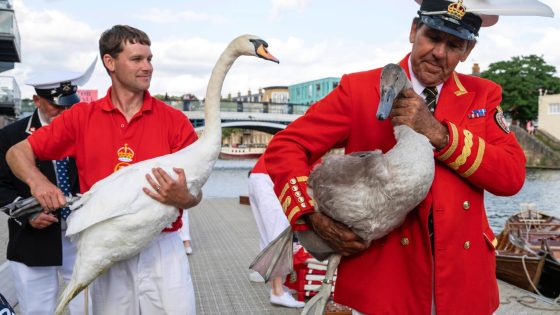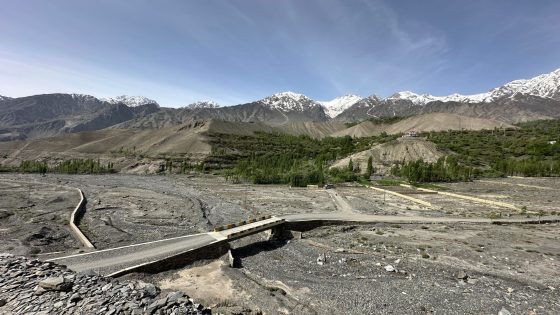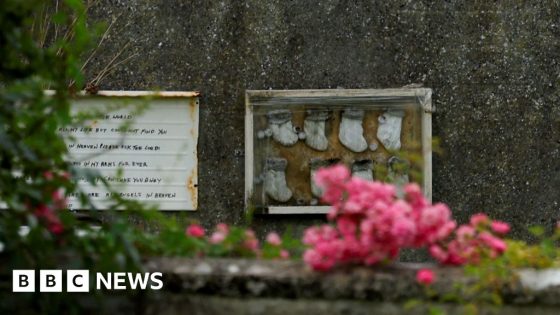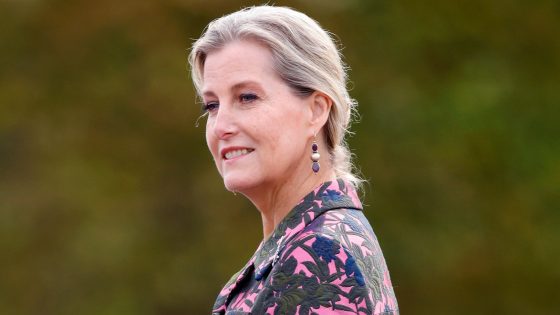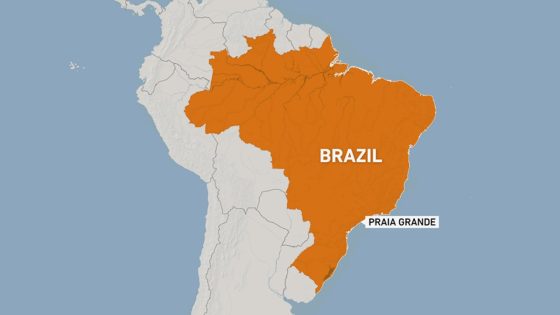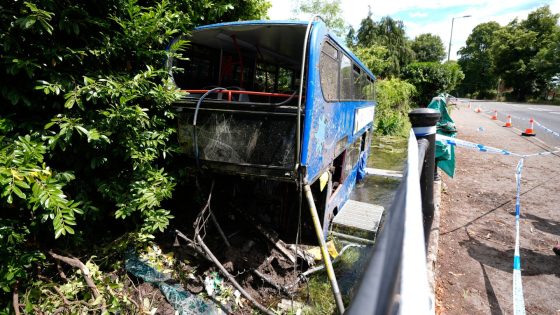The annual Swan Upping event has begun, showcasing a unique tradition that assesses the health of swans belonging to King Charles III. This captivating five-day census, which started on July 14, 2025, involves a team of oarsmen, known as Swan Uppers, who search the River Thames for these majestic birds.
- Annual Swan Upping census begins on Thames
- King Charles III owns mute swans
- Team of Swan Uppers measures swan health
- Tradition dates back to 12th century
- Swans face threats from disease and pollution
- 16 young swans recorded on first day
As part of this tradition, swans are measured, inspected, and released, providing vital insights into their well-being. David Barber, the King’s Swan Marker, emphasizes the importance of this event, stating, “It gives US an indication of what’s going on throughout the country.”
This year’s census is particularly significant as swan populations have faced challenges from disease and pollution. With only 86 young swans recorded last year—a 45% drop—what does this mean for the future of these iconic birds?
- Swan Upping dates back to the 12th century.
- Swans are now legally protected, yet still face numerous threats.
- Only 16 young swans were recorded on the first day of this year’s census.
- The event underscores the need for ongoing wildlife conservation efforts.
As we reflect on this tradition, it’s crucial to advocate for the protection of wildlife and their habitats. How can we ensure a sustainable future for our natural treasures?



